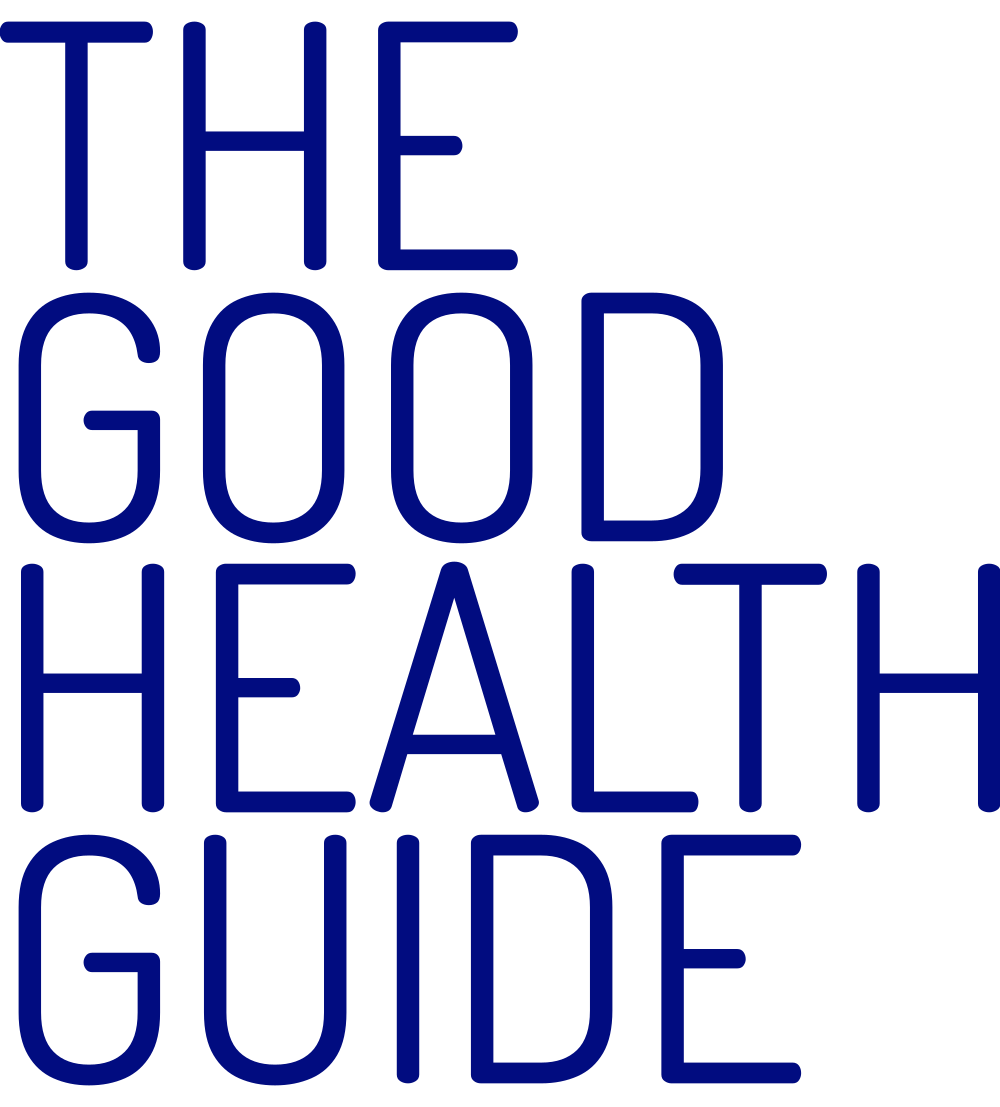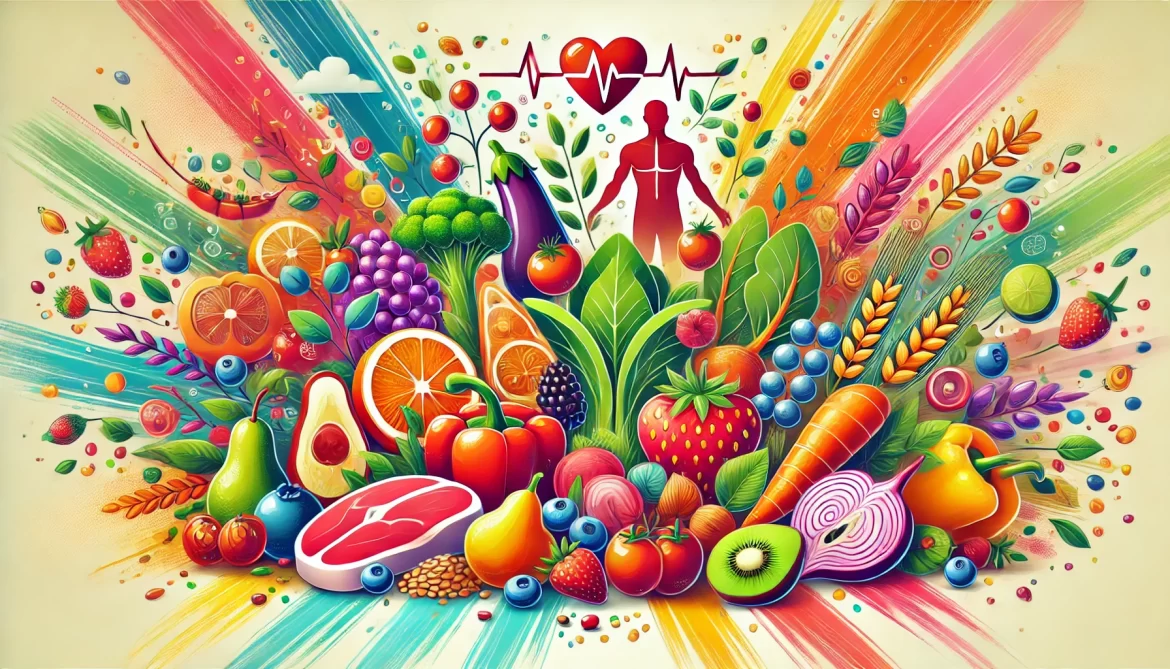Introduction
The importance of a well-rounded nutritional intake cannot be overstated. The benefits of a balanced diet extend beyond just physical health, influencing mental well-being, energy levels, and overall quality of life. By understanding and implementing a balanced diet, individuals can pave the way for a healthier, more fulfilling life.
What is a Balanced Diet?
A balanced diet is one that provides the necessary nutrients your body needs to function correctly. It involves the right proportions of macronutrients and micronutrients to maintain health, vitality, and energy levels. A balanced diet typically includes a variety of foods from all the food groups: fruits, vegetables, grains, proteins, and dairy.
Macronutrients: The Building Blocks
Macronutrients are essential nutrients that our bodies need in larger amounts. They provide the energy necessary for bodily functions and daily activities.
Carbohydrates
Carbohydrates are the primary source of energy for the body. They are found in foods such as fruits, vegetables, bread, pasta, and rice. Carbohydrates are essential for brain function and physical activity.
Proteins
Proteins are crucial for the growth, repair, and maintenance of body tissues. They are made up of amino acids, which are found in meat, fish, eggs, dairy products, legumes, and nuts. Proteins also play a significant role in immune function and hormone production.
Fats
Fats are a concentrated source of energy and are necessary for the absorption of certain vitamins. Healthy fats, such as those found in avocados, nuts, seeds, and olive oil, support cell growth, protect organs, and keep the body warm.
Micronutrients: Essential Vitamins and Minerals
Micronutrients are vitamins and minerals required in smaller amounts but are crucial for good health.
Vitamins
Vitamins are organic compounds that support various bodily functions, including the immune system, energy production, and blood clotting. Key vitamins include A, C, D, E, and the B-complex vitamins, found in a variety of foods such as fruits, vegetables, dairy, and grains.
Minerals
Minerals like calcium, potassium, iron, and magnesium are vital for bone health, fluid balance, and muscle function. They can be found in dairy products, meats, fruits, vegetables, and grains.
Health Benefits of a Balanced Diet
The benefits of a balanced diet are manifold, impacting various aspects of health and well-being.
Physical Health
A balanced diet supports physical health by providing the nutrients necessary for bodily functions. It helps maintain a healthy weight, reduces the risk of chronic diseases, and supports overall vitality.
Mental Well-being
Good nutrition plays a crucial role in mental health. A balanced diet can enhance mood, improve cognitive function, and reduce the risk of mental health disorders such as depression and anxiety.
Boosting Immunity
A balanced diet strengthens the immune system, making the body more resilient against infections and illnesses. Nutrients such as vitamin C, vitamin E, and zinc are particularly important for immune function.
Weight Management
Maintaining a balanced diet is key to managing a healthy weight. It helps regulate appetite, provides the energy needed for physical activity, and prevents weight gain by reducing the consumption of unhealthy foods.
Enhanced Energy Levels
A well-balanced diet provides sustained energy throughout the day. By consuming a mix of carbohydrates, proteins, and fats, the body receives a steady supply of fuel, preventing energy slumps and fatigue.
Improved Digestion
A balanced diet rich in fiber from fruits, vegetables, and whole grains promotes healthy digestion. Fiber helps prevent constipation, supports gut health, and can reduce the risk of digestive disorders.
Balanced Diet and Chronic Diseases
Eating a balanced diet can significantly reduce the risk of chronic diseases.
Cardiovascular Health
A diet rich in fruits, vegetables, whole grains, and healthy fats supports heart health by reducing cholesterol levels and lowering blood pressure.
Diabetes
A balanced diet helps regulate blood sugar levels, reducing the risk of type 2 diabetes. Consuming a variety of foods in the right proportions ensures steady blood glucose levels.
Cancer
Certain dietary choices can lower the risk of cancer. For example, a diet high in fruits, vegetables, and whole grains provides antioxidants that protect cells from damage.
Mental Health Benefits
The impact of a balanced diet on mental health is profound.
Cognitive Function
Nutrients such as omega-3 fatty acids, vitamins, and minerals support brain health, enhancing memory, concentration, and overall cognitive function.
Emotional Stability
A balanced diet helps regulate mood by stabilizing blood sugar levels and providing the necessary nutrients for neurotransmitter function.
Balanced Diet for Different Life Stages
Nutritional needs vary throughout life.
Children
A balanced diet is crucial for children’s growth and development. It supports physical growth, brain development, and a strong immune system.
Adults
For adults, a balanced diet helps maintain energy levels, supports metabolic functions, and reduces the risk of chronic diseases.
Seniors
In older adults, a balanced diet is essential for maintaining bone health, cognitive function, and overall vitality.
The Role of Hydration
Hydration is a key component of a balanced diet. Water is essential for digestion, nutrient absorption, and temperature regulation. Drinking adequate water supports overall health and well-being.
Creating a Balanced Meal Plan
Planning meals can help ensure a balanced diet.
Meal Planning Tips
Incorporate a variety of foods from all food groups. Plan meals and snacks to include fruits, vegetables, proteins, grains, and dairy.
Sample Meal Plan
A sample balanced meal plan might include oatmeal with berries for breakfast, a salad with lean protein for lunch, a snack of nuts and fruit, and a dinner of grilled fish with vegetables and quinoa.
Challenges and Solutions
Adopting a balanced diet can come with challenges.
Common Challenges
Common challenges include time constraints, limited access to healthy foods, and dietary preferences.
Overcoming Barriers
Solutions include meal prepping, seeking local resources for fresh produce, and finding healthy recipes that fit personal preferences.
The Importance of Moderation
Moderation is key to a balanced diet. It’s important to enjoy all foods in the right proportions without overindulging in any single type of food.
Incorporating Exercise
Combining a balanced diet with regular physical activity enhances overall health. Exercise supports cardiovascular health, strengthens muscles, and improves mental well-being.
Listening to Your Body
Pay attention to your body’s signals. Eating when hungry and stopping when full helps maintain a balanced diet and prevents overeating.
Sustainable Eating Habits
Sustainable eating habits benefit both personal health and the environment. Choose locally sourced, seasonal foods and reduce food waste to support sustainability.
The Global Impact of a Balanced Diet
A balanced diet has a positive global impact.
Environmental Benefits
Sustainable eating practices reduce environmental footprints, support local economies, and promote biodiversity.
Community Health
Promoting balanced diets within communities can improve public health, reduce healthcare costs, and foster a culture of wellness.
Conclusion
The benefits of a balanced diet are extensive, influencing every aspect of health and well-being. By making informed food choices and adopting sustainable eating habits, individuals can enhance their physical health, mental well-being, and overall quality of life.
FAQs
What is a balanced diet?
A balanced diet includes a variety of foods in the right proportions, providing essential nutrients and energy for overall health.
How does a balanced diet benefit mental health?
A balanced diet supports brain function, enhances mood, and reduces the risk of mental health disorders.
Why is hydration important in a balanced diet?
Hydration aids digestion, nutrient absorption, and temperature regulation, contributing to overall health.
What are the challenges of maintaining a balanced diet?
Common challenges include time constraints, limited access to healthy foods, and dietary preferences.
How can I create a balanced meal plan?
Incorporate foods from all food groups, plan meals ahead, and include a variety of nutrient-rich options.
What is the role of exercise in a balanced diet?
Exercise complements a balanced diet by enhancing cardiovascular health, muscle strength, and mental well-being.
Inbound and Outbound Links
Inbound Links:
Outbound Links:

